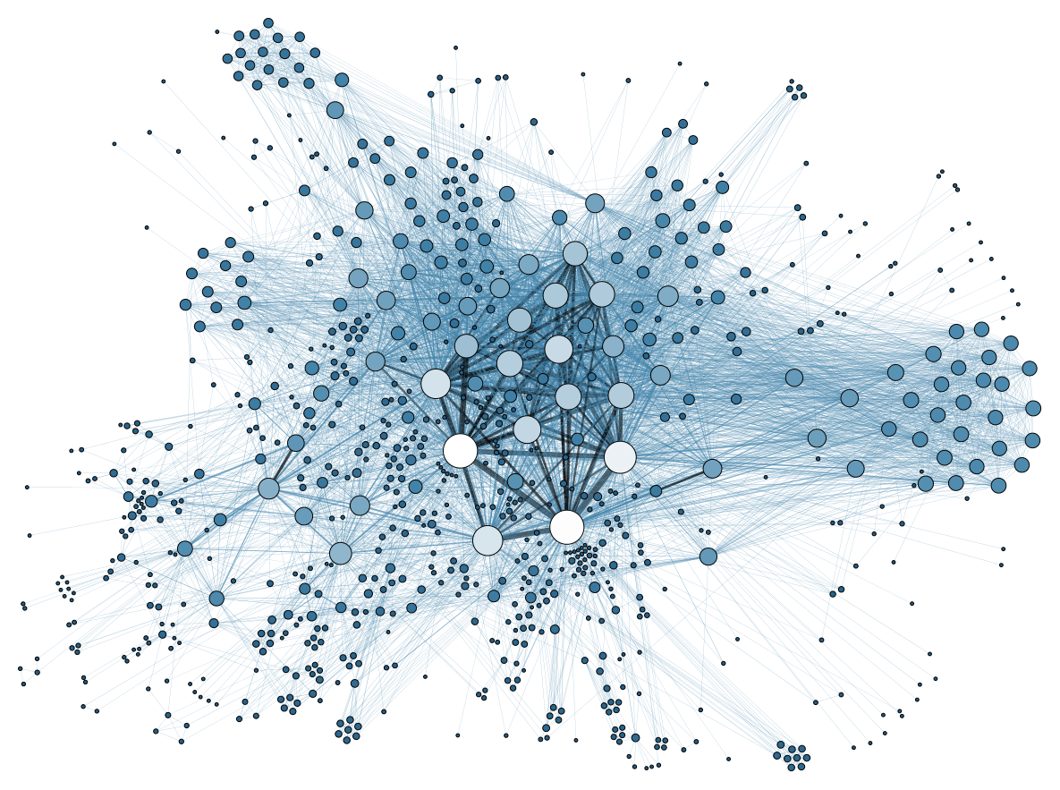
The NORM project aims at finding out how China’s Digital Silk Road shapes the digital world order and its norms, and the agency that recipient developing countries exercise in response. This is one out of five PRIO projects that today have received funding from the Research Council of Norway.
Ilaria Carrozza has received funding for the 3-year project Shaping the Digital World Order: Norms and Agency along the Digital Silk Road in Southeast Asia (NORM). She will be joined by a project team consisting of Nicholas Marsh and Gregory Reichberg from PRIO, Cheng-Chwee Kuik from the National University of Malaysia (UKM), Evan A. Laksmana from the Centre for Strategic and International Studies (CSIS) Jakarta, Julio Amador III from Ateneo de Manila University, and Danica Radovanović from the Basic Internet Foundation. Congratulations!
About NORM
The Digital Silk Road (DSR) is the component of the Belt and Road Initiative (BRI) that aims to establish China as the global technological superpower.
The potential contest to rewrite global rules could result in a technological and normative rift that will shape the geopolitics of the 21st century.
Yet, despite the intrinsic political significance of China’s Digital Silk Road, we lack fundamental insights into its political and social consequences for recipient developing countries.
Recognising the imperative to fill this knowledge gap, NORM takes a comparative approach to examining how relevant stakeholders in Malaysia, Indonesia and the Philippines navigate the opportunities and risks presented by China’s digital technology investments. In this interdisciplinary project, we focus our empirical analysis and theoretical development on the political and social consequences of DSR projects in recipient developing countries, as well as for the digital world order.
More information about this project will follow.





